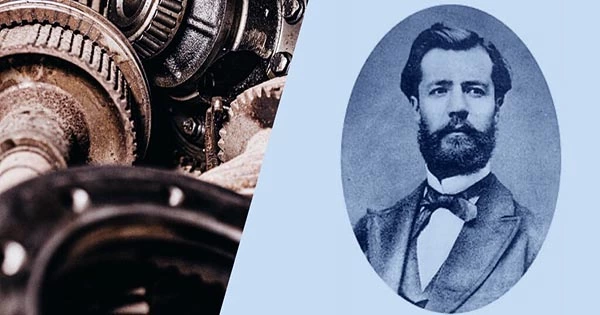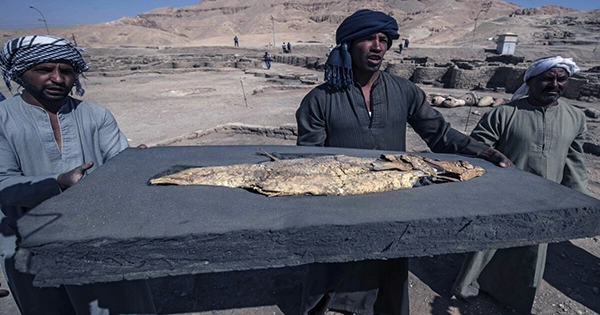French industrialist and manager Henri Fayol worked in the mining industry and sought practical approaches to management. He attended school in Lyon, the second-largest city in France, then enrolled at the Saint-Etienne engineering school (Ecole Nationale des Mines). He got training as a mining engineer and, at the age of 19, received his diploma from this institution in 1860. At first, he worked at Bogues, Rambourg and Co. as an engineer. This business changed its name to Commentry-Fourchambault SA or Comambault in 1874. It is significant to note that he spent his entire career at the same company, where he witnessed its growth and had a thorough understanding of its organizational structure and manufacturing processes. When Fayol submitted a report outlining a remedy to the fire hazard, fire fitting, and spontaneous combustion in mines that destroyed people and equipment, he first came to be recognized as an engineer. At the age of 25, he was named director of a single Commentary mine. The corporation was expanding and acquired numerous additional mines in different regions of France, including the Berry iron ore mine and the Monvicq coal mine. At the age of 31, he was appointed as the mines’ director as well. Those expansions did not, however, result in a rise in dividend payout. Fayol, on the other hand, had to acknowledge that Comambault was in serious financial trouble. The business had not distributed dividends for at least 4 years by the late 1880s. He was appointed the CEO of the Comambault conglomerate in 1888 at the age of 47. His goal as CEO was to restore the company’s viability, which he successfully accomplished. He collaborated closely with his management to restructure the business, cutting ineffective departments, putting money into R&D and technology, and broadening the company’s geographic reach.
French industrialist Henry Fayol is regarded as the father of modern management theory. Fayol’s sharp observation on the Principles of General Management was first published in French in 1916 under the title “Administration Industrial et General,” though there is little evidence that management scholars in the UK or the US paid much attention to it or knew much about it until 1920 or even later. This monograph was often republished in French, but it wasn’t until 1929 that it was translated into English. Even then, the International Institute of Great Britain printed it. Despite the fact that American management scholars were made aware of Fayol’s work in 1923, no English translation of it was released in the US until 1949.
Fayol discovered that an industrial undertaking’s activities might be split into six groups, including
- Production
- Buying, Selling, and Exchanging
- Finance raising
- Security
- Accounting
- Managing
The first five, according to Fayol, were well known. He focused a lot of his emphasis on sixth in this manner. His analysis of the sixth group took up most of his book.
General Principle of Management: Based on his experience, Fayol established Fourteen management principles, none of which are rigid, non-negotiable, or exempt from application in the face of unique or changing circumstances.
- Division of work
- Authority and responsibility
- Discipline
- Unity of command
- Unity of directly
- Subordination of individual to the general interest.
- Remuneration
- Centralization
- Scalar Chain
- Order
- Equity
- Stability of Tenure
- Initiative
- Teamwork
The functions of management, according to Fayol, are:
- Planning
- Organizing
- Staffing
- Leading
- Controlling
- Coordinating
His dissertation devotes a sizable portion to examining these functions and observations, which, overall, have been true even after more than seven decades of research and experience from others in the field. There is an appreciation of the universal applicability of these concepts throughout Fayol’s work. He emphasizes numerous times that not only do these concepts apply to business but also to other endeavors including politics, religion, philanthropy, and the military.
















